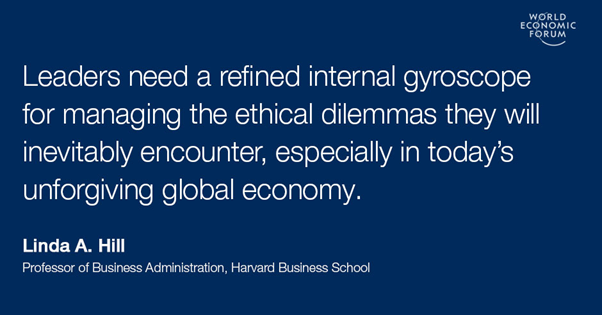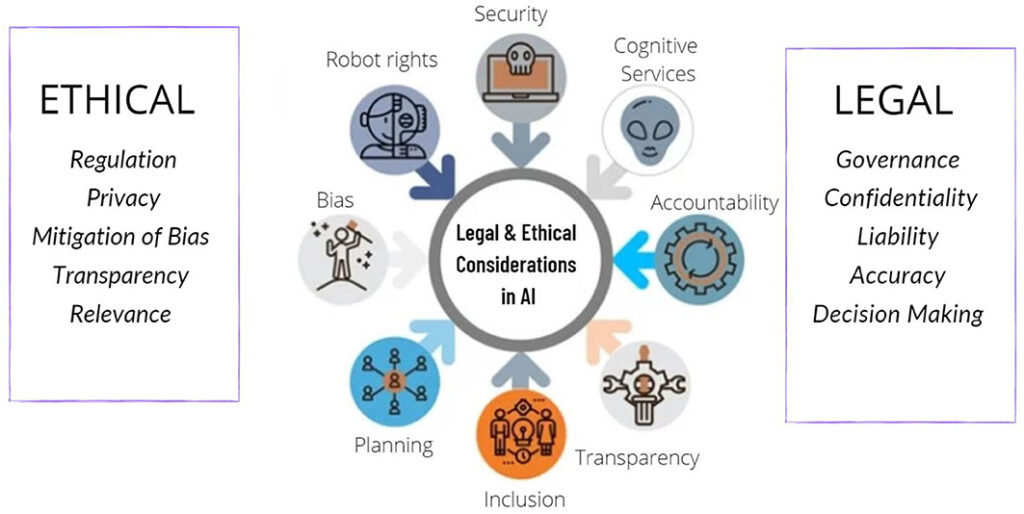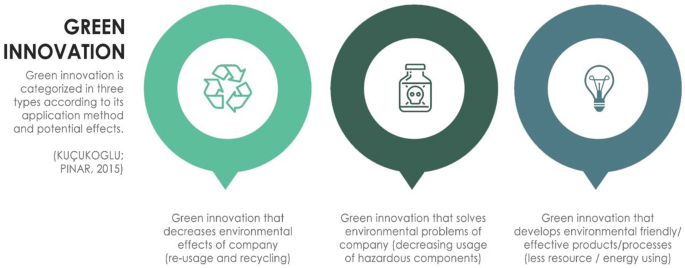Innovation has emerged as a driving force behind the remarkable advancements that define our modern era. From groundbreaking technologies to revolutionary medical breakthroughs, innovation has the power to transform industries and improve lives. However, in this pursuit of progress, ethical considerations often take a backseat. As innovation continues to push boundaries, striking a delicate balance between progress and responsibility has become more crucial than ever.
Let’s explore how society can navigate the uncharted waters of progress while upholding moral and social responsibilities:
The Moral Compass of Innovation

Innovation often stems from a desire to enhance human experiences and address pressing challenges. However, this noble pursuit can inadvertently lead to ethical dilemmas. Consider the case of artificial intelligence (AI) in autonomous vehicles.
While the innovation promises safer roads, ethical questions arise when decisions about potential harm to passengers or pedestrians become algorithmic choices. Ethical considerations ensure that innovation aligns with values and safeguards human well-being.
Digital Ethics in the Age of Big Data

The digital landscape offers unprecedented opportunities, but it also demands ethical vigilance. The collection and utilisation of big data have fueled concerns about privacy and consent. Innovations like facial recognition technology highlight the need to balance convenience with protecting individual rights.
Ethical considerations guide policies that empower individuals to retain control over their data in an increasingly interconnected world.
The Environmental Impact of Innovation

Innovative solutions often come with an environmental cost. The tech industry’s rapid evolution, for instance, results in electronic waste and carbon footprints. Ethical innovation calls for eco-conscious design and responsible disposal strategies to minimise harm to the planet.
The pursuit of progress must harmonise with the responsibility to preserve our natural resources for future generations.
Bridging the Digital Divide

Innovations in technology have the power to bridge societal gaps, yet they can also exacerbate existing inequalities. As the world becomes increasingly reliant on digital infrastructure, ethical considerations urge us to ensure that marginalised communities aren’t left behind.
Innovators are challenged to create solutions that are inclusive and accessible, fostering equal opportunities for all.
Ethical Governance of AI and Automation

As AI and automation reshape industries, concerns about job displacement and biassed algorithms come to the forefront. Ethical governance of these technologies involves designing safeguards against biassed decision-making, ensuring transparency, and providing reskilling opportunities for displaced workers.
Striking this balance guarantees that innovation benefits society as a whole.
Key Takeaways
Innovation is the lifeblood of progress, shaping the world we inhabit and driving humanity forward. However, the ethical considerations that accompany innovation cannot be underestimated. The path to progress must be guided by a moral compass that weighs the potential benefits against the potential harm. As society grapples with the ever-evolving landscape of innovation, ethical discussions become the cornerstone of responsible progress.
Striking the balance between innovation and responsibility is not a simple task, but it’s a necessary one. Ethical considerations ensure that progress doesn’t come at the expense of humanity’s well-being, societal values, or the planet’s health. By integrating ethics into innovation, we embrace a future where advancement isn’t just measured in technological leaps, but in the positive impact these innovations have on individuals, communities and the world at large.



